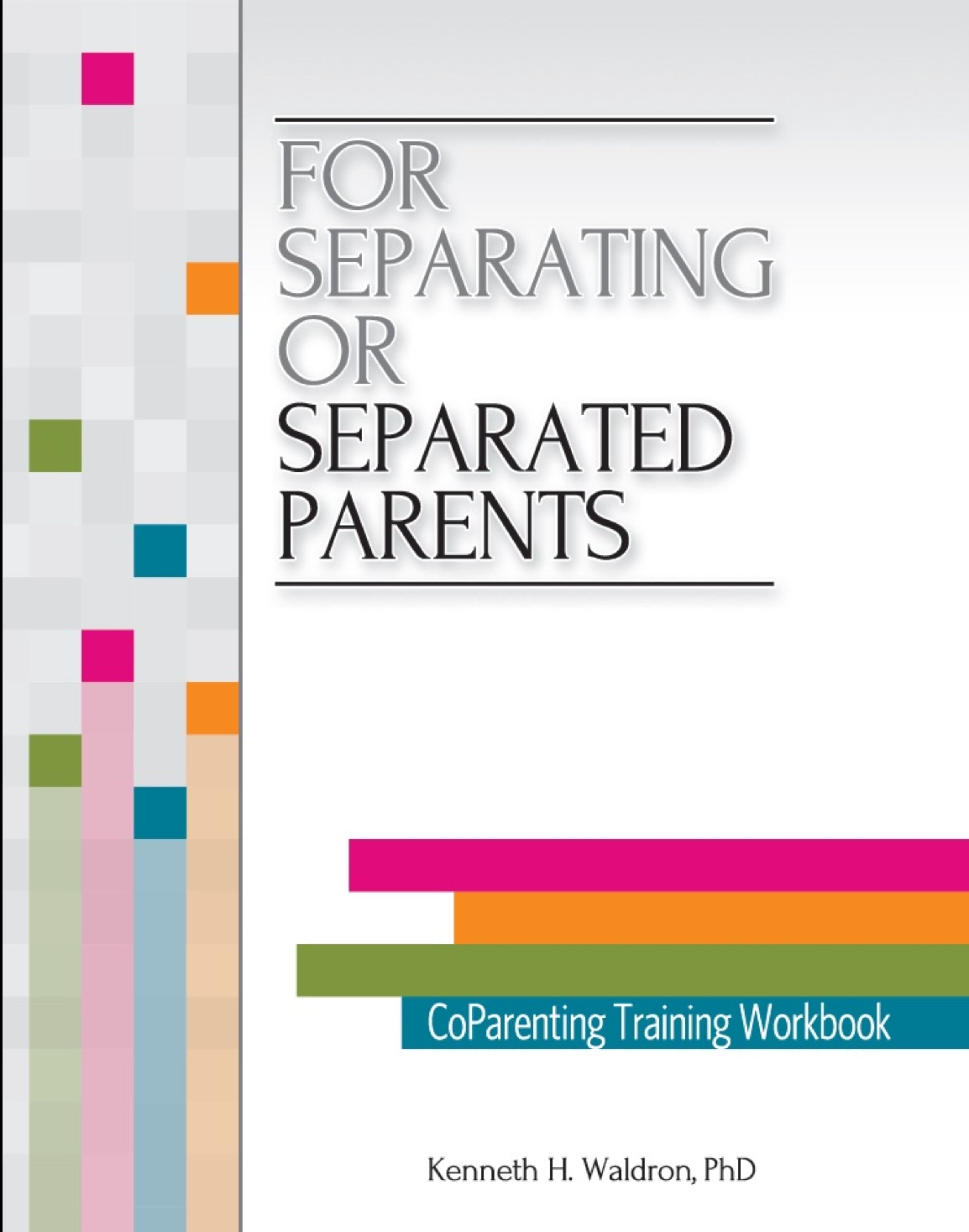Factors Affecting Outcomes for Children: Pre-Divorce Adjustment Level of the Child
©2020 Kenneth H. Waldron and Allan R. Koritzinsky
In this Blog, we address a myth: that children with separated parents come from “a broken home” and are inevitably damaged. First, the home is not “broken;” it is simply reorganized, with parents living in separate residences. More importantly, many of these children are resilient and have hardy temperaments and absorb the difficulties of living with separated parents reasonably well.
For example, about 10% of children from intact families have mental health and/or behavior problems, academic problems in school and/or engage in delinquent behavior. About 25% of children with separated parents demonstrate any of these identical problems. That means that 75% do not. However, some statistics are less favorable. For example, children who grow up in homes with separated parents are about twice as likely as children from intact families to end up in divorces themselves as adults.
Nevertheless, many children with separated parents are fairly well-adjusted prior to the separation and continue to do reasonably well after the separation. Children with adjustment problems prior to a separation are more vulnerable to the challenges of having separated parents. Notably, children with parents who have a reasonably amicable or at least functional co-parenting relationship tend to do about as well as children from intact families. The quality of the co-parenting relationship is a major confounding factor that we will address in future blogs.
Several authors and researchers have pointed out that while resilience protects many children from more serious problems, children from families with poorly functioning co-parenting relationships experience a good deal of pain and often describe their family experience in negative terms. At the same time, those children might do well in school and socially, might not have serious mental health difficulties, might behave well and stay out of trouble. This factor more than any of the others is very dependent on the other factors. We have noted that the quality of the co-parenting relationship even has a big impact on children with hardy temperaments. Resilience is also dependent on social capital outside of the family. Children in sibling groups also tend to do better than children growing up without any siblings.
In spite of these other factors, however, the resilience and temperament of a child, prior to the separation has a major impact on their adjustment following the separation and further down the road regarding long-term outcomes.
The take-away of this Blog is that if a child or children in a family are resilient by nature and hardy by temperament, parents can worry less about long-term outcomes for them. The reverse, however, is also true: if a child or children in a family had adjustment difficulties prior to the separation, or are more sensitive and reactive to family problems, the parents will have to pay special attention to the other factors that are the subjects of these Blogs. If parents want those more sensitive children to have positive outcomes, they do not have the luxury of a nasty divorce, poor quality parenting, reductions in social capital, or a stressful physical custody schedule.
Along these lines, a series of studies looked at whether or not counseling for children when their parents go through a separation was helpful. It was found that a few sessions, four or five, helped children recover from a separation better than children who did not have the counseling. Counseling helped the children make sense out of their experiences; child counselors offered guidance to parents on protective measures. Such counseling can also be a good way to assess a child’s resilience and provide that information to the parents. Children can also be invaluable sources of information for their parents. Parents do well to talk to their children about what is going on, about what will go on, and ask the children about their experiences. For example, parents can ask children what is hard about going back and forth between homes and what might make that easier. These steps build resilience in children. Making the right choices for children is the critical factor affecting outcomes for children.
Allan Koritzinsky, JD, is a retired partner with Foley & Lardner LLP in Wisconsin. Mr. Koritzinsky focused his law practice on divorce law, alternative dispute resolution and has authored or co-authored numerous articles and books and lectured in lawyer and judicial continuing education seminars throughout his career.
Kenneth Waldron, PhD, is a clinical psychologist in Monona, WI. Dr. Waldron has published research on topics related to children of divorce and provides training to judges, lawyers and mental health providers in the U.S. and internationally. He provides forensic services, including custody evaluations and expert testimony on divorce-related issues.
Dr. Waldron and Mr. Koritzinsky are co-authors of the following books:




